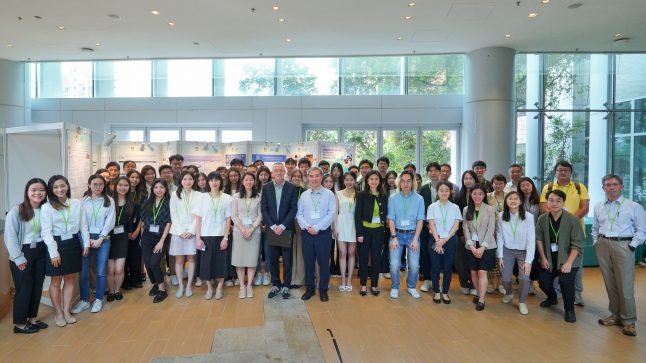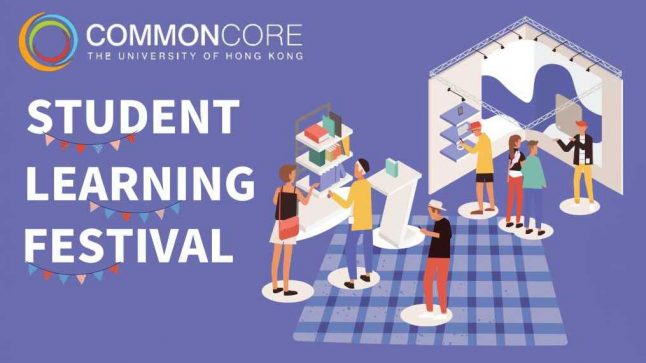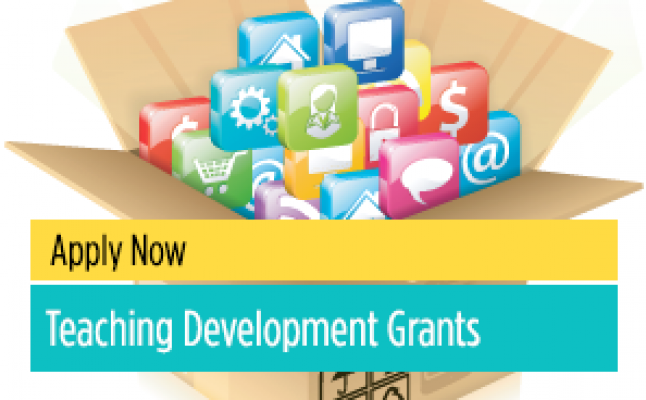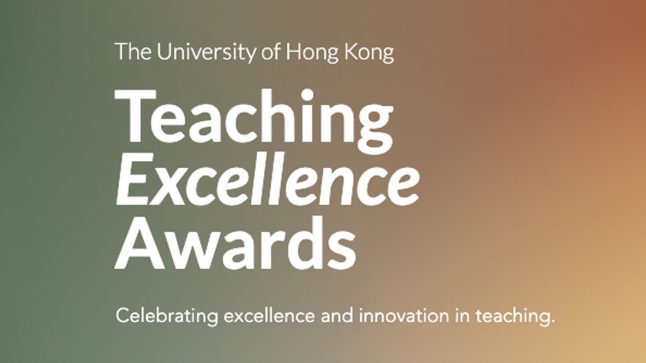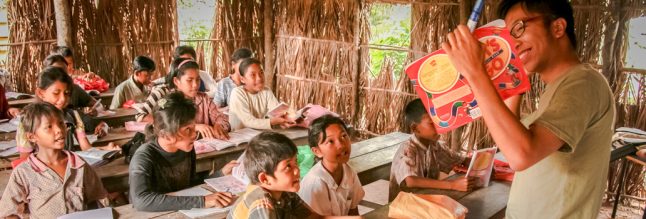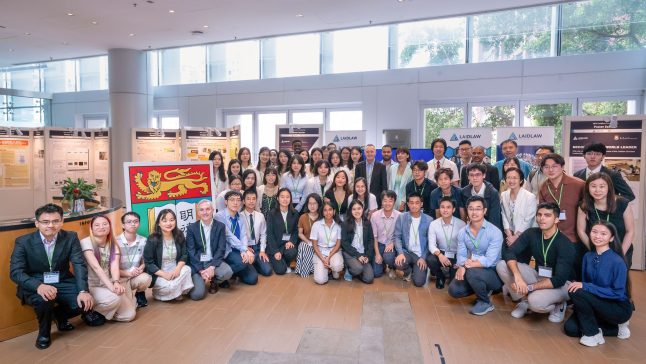
For one and a half days, pioneers in MOOC technologies, academics who teach and research about MOOCs, university administrators and instructional designers converge at the 5th Education and Research Technology Forum to discuss new developments and exchange ideas in online and open education in higher education settings.
Held at the Hong Kong University of Science and Technology, the 5th Education and Research Technology Forum aimed to address the integrative aspects of information and communications technologies and services at the University level. Some of the highlights include:
Instructor experiences in teaching MOOCs
King Chow and Sean McMinn from HKUST reflected on their experience teaching and researching about MOOCs and discussed the rewards and challenges of teaching a course on massive scales. According to these speakers, among the rewards of teaching a MOOC are the reach and impact the courses can have on an unprecedented and global level, room for innovation, understanding learners through data and research; and among the challenges are how to engage students see efficiently and effectively, and how to ensure that MOOCs provide a quality learning experience that meets individual learners’ needs.
University strategies regarding MOOCs
As universities invest in and experiment with open education on a massive scale, they also form different strategies based on their institutional perspectives and needs. HKUST, for example, according to Professor T C Pong, sees MOOCs as a platform for collaboration with other institutions, a way to expand on the university’s existing models of teaching and learning (e.g. flipped courses or programs), and recruiting top students from around the world.
Peking University sees MOOCs as an example of the Internet maturing to effectively support large-scale educational activities, and is making a significant effort to lead the way in using technology to improve teaching and learning, and help shape the future of higher education in China.
Professor Ricky Kwok, Associate Vice President of Teaching and Learning, shared HKU’s perspective on using MOOCs to benefit teaching and learning at the University. HKU sees MOOC as one part of the teaching and learning ecosystem that is enriched by technologies. It can serve as a testbed for pedagogical innovations, a catalyst for institutional change, a tool to enable initiatives such as overseas immersion, exchange, internationalization and collaboration, and a means to achieving totality of learning.
MOOC technologies
Present at the forum were also two of the leading MOOC technology pioneers, edX and XuetangX. edX’s CEO Anant Agarwal spoke about how edX operates as a non-profit venture, the impact it has had so far in providing quality learning to people all over the world, and some of the new technologies that edX is going to implement on their platform. XuetangX aims to create an ecosystem based on Open edX for China, and has been innovating to achieve this goal on a number of fronts including infrastructure (e.g., data platform), technology (e.g. mobile apps), and process (e.g. course licensing).
Throughout the forum, the participants’ energy and enthusiasm over the possibilities new technologies such as MOOC bring were palpable. It concluded with the hosting organization, HKUST, sharing their observations of trends in higher education teaching and learning and participants discussing collaboration ideas and possibilities.

